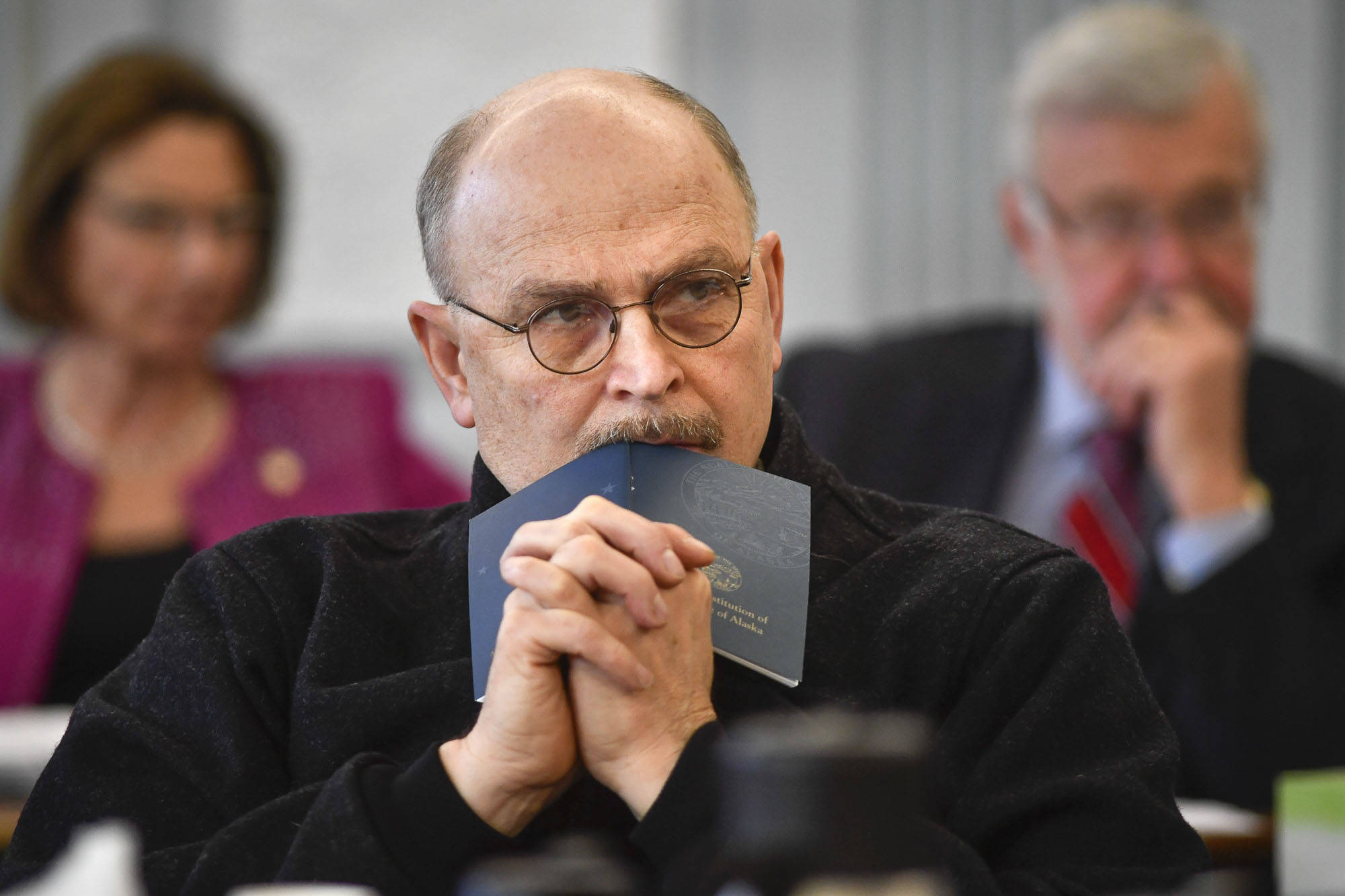A bill that would deduct $30 a year from every worker in Alaska and pool that money to be used for maintenance and construction costs in the state’s schools is making its way through the Alaska Senate.
Senate Bill 50 is sponsored by Sen. Click Bishop (R-Fairbanks), Sen. Gary Stevens (R-Kodiak) and Sen. Jesse Kiehl (D-Juneau) and looks to collect revenues to fund schools.
Money generated from the tax would be deposited into the state’s general fund and accounted for separately to pay maintenance and construction needs of Alaska’s schools. Those maintenance and construction needs are growing, Bishop said in his sponsor statement.
On the Kenai Peninsula, about 25% of the district’s schools are 50 years or older, and 80% are over 30 years old.
“I think we have to take a stand to tackle deferred maintenance in our schools,” Bishop said during the Jan. 28 Senate Labor and Commerce Committee meeting.
A similar tax once existed in Alaska from 1919 to 1980, according to the bill’s sponsor statement. When the tax was repealed in 1980 it was $10 per person. When adjusted for inflation, that tax would have the equivalent value of $30 today.
The bill seeks to revive the repealed head tax on employees, both resident and nonresident, whose income is coming from a source in Alaska. The tax, known as the “Alaska Education Facilities, Maintenance, and Construction Tax,” would collect $30 from each person employed in the state, withholding those funds from an employee’s first paycheck each year.
Self-employed Alaskans would be required to remit payment to the Alaska Department of Revenue. The tax would be deductible on a federal income tax return. Retirees would not be taxed.
The tax is estimated to generate $13 million annually from about 442,000 employees.
“Roughly 20% of those workers who earn their living in Alaska do not reside here resulting in $2.5 billion in non-resident income that leaves Alaska’s economy each year and, in most cases, gets taxed by a non-resident’s home state,” Bishop said in his sponsor statement.
The bill made it’s way through the Senate Labor and Commerce Committee and has been referred to Senate Finance Committee.
Should the bill pass the Legislature and be signed into law by Gov. Mike Dunleavy, the tax would take effect Jan. 1, 2021.

